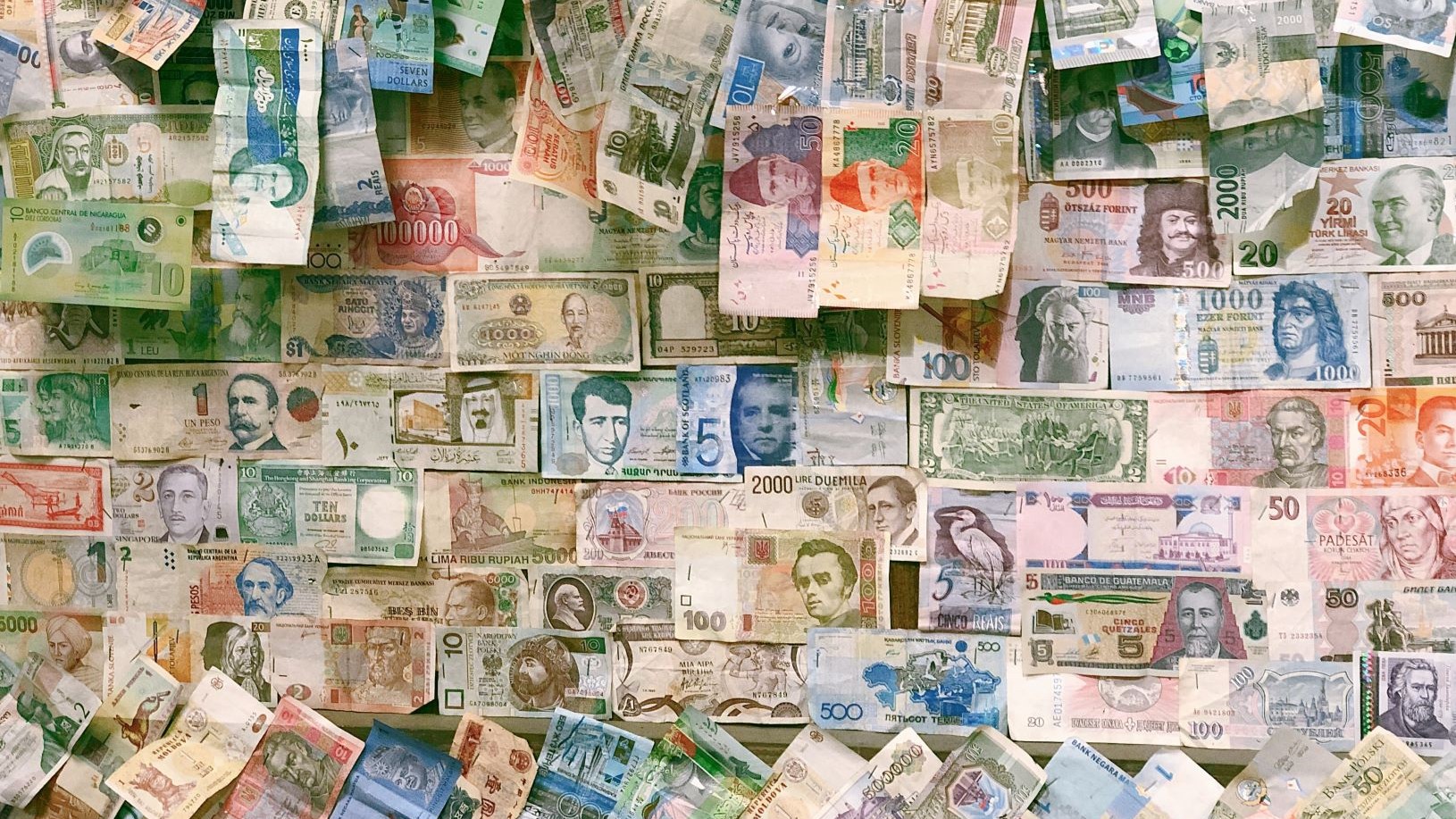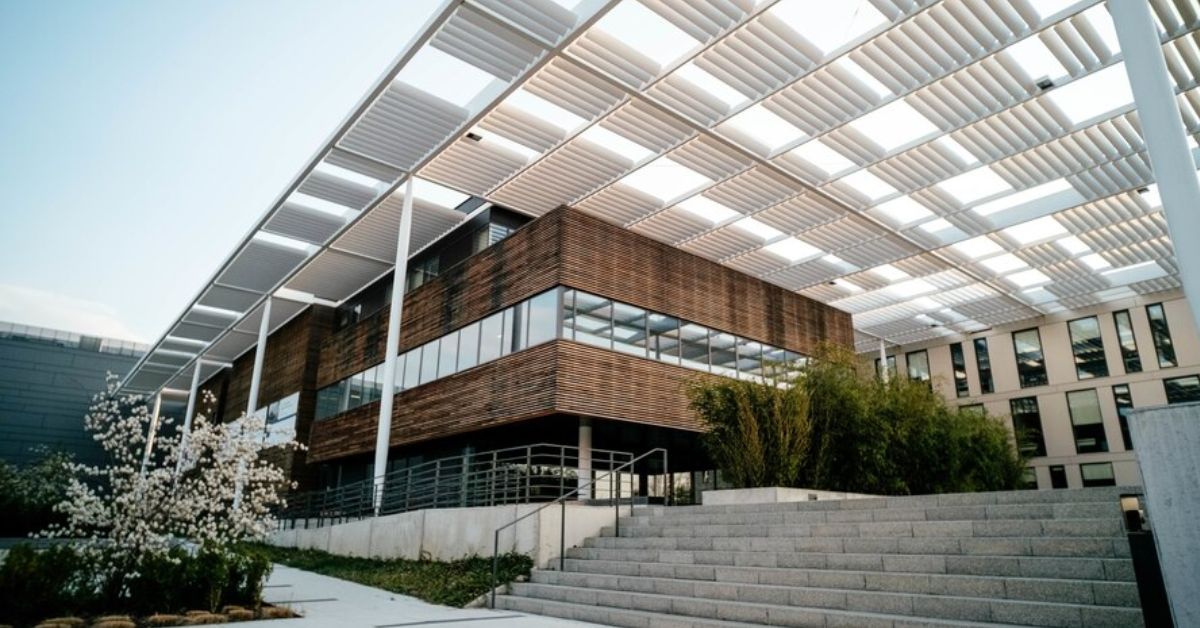Introduction to Currency Exchange in Pakistan
When it comes to managing money while traveling or conducting business, currency exchange is a crucial aspect. If you’re in Pakistan or planning to visit, understanding the local currency exchange practices can save you both time and money. Let’s dive into the essentials of currency exchange Currency Exchange in Pakistan, covering everything from the basics to tips for getting the best rates.
What is Currency Exchange?
Currency exchange involves converting one currency into another at a specific rate. This process is essential for international travel, business transactions, and investments. In Pakistan, the local currency is the Pakistani Rupee (PKR), and exchange rates fluctuate based on various factors.
Why is Currency Exchange Important?
Currency exchange is vital for several reasons:
- Travel Convenience: Having local currency is necessary for everyday transactions like shopping and dining.
- Business Transactions: For businesses engaged in international trade, understanding exchange rates helps in budgeting and forecasting.
- Investment: Investors need to be aware of exchange rates to maximize returns on foreign investments.
How to Exchange Currency in Pakistan
1. Local Banks
Overview
Local banks are a reliable option for currency exchange. They offer competitive rates and security. Major banks like HBL, UBL, and MCB provide currency exchange services.
Pros and Cons
- Pros: Secure, reliable, often offers good rates.
- Cons: May have higher service charges, limited working hours.
2. Currency Exchange Bureaus
Overview
Currency exchange bureaus or money changers are specialized in currency conversion. They are found in major cities and airports.
Pros and Cons
- Pros: Often provide better rates than banks, more accessible.
- Cons: Risk of fraud, rates can be volatile.
3. Airports
Overview
Airport currency exchange counters are convenient for travelers arriving in or departing from Pakistan.
Pros and Cons
- Pros: Convenient, available 24/7.
- Cons: Higher service fees, less favorable rates.
4. Online Currency Exchange Platforms
Overview
With the rise of digital platforms, exchanging currency online has become popular. Websites and apps allow for easy transactions and competitive rates.
Pros and Cons
- Pros: Convenient, often offers competitive rates.
- Cons: Requires internet access, potential for security issues.
Exchange Rates and How They Work
1. Understanding Exchange Rates
Exchange rates determine how much one currency is worth in another. In Pakistan, the rate for PKR against major currencies like USD, EUR, and GBP can vary daily.
2. Factors Influencing Exchange Rates
Several factors impact exchange rates:
- Economic Conditions: Inflation, interest rates, and economic growth.
- Political Stability: Political events and stability affect investor confidence.
- Market Demand: Supply and demand dynamics in the forex market.
3. How to Get the Best Exchange Rate
To secure the best exchange rate:
- Monitor Rates: Keep an eye on fluctuations and trends.
- Compare Options: Check rates from different sources.
- Timing: Exchange money when rates are favorable.
Safety Tips for Currency Exchange
1. Avoid Street Money Changers
While street money changers may offer attractive rates, they often lack security and credibility. Stick to trusted sources like banks and established bureaus.
2. Be Wary of Scams
Always count your money before leaving the counter and be cautious of deals that seem too good to be true.
3. Use Reputable Online Platforms
If using online services, ensure the platform is reputable and secure. Look for reviews and ratings before making a transaction.
Currency Exchange for Travelers
1. Preparing for Your Trip
Before traveling to Pakistan, make sure to:
- Notify Your Bank: Inform your bank of your travel plans to avoid issues with your credit or debit cards.
- Carry Some Cash: Have a small amount of PKR for immediate expenses upon arrival.
2. Managing Currency While Traveling
While in Pakistan:
- Use ATMs: ATMs offer a convenient way to withdraw local currency.
- Keep Receipts: Retain receipts for any currency exchanges for future reference.
Conclusion
Understanding currency exchange in Pakistan is crucial for both travelers and businesses. By knowing where to exchange money, how to monitor rates, and keeping safety tips in mind, you can navigate currency conversion smoothly. Whether you’re exploring the vibrant streets of Karachi or attending business meetings in Islamabad, being informed will ensure a hassle-free experience.
FAQs
1. Can I exchange currency at local shops in Pakistan?
While some shops may offer currency exchange, it’s best to use banks or authorized bureaus for better rates and security.
2. What are the main currencies exchanged in Pakistan?
The Pakistani Rupee (PKR) is the local currency, but USD, EUR, and GBP are commonly exchanged as well.
3. Are there any restrictions on exchanging large amounts of money?
There are regulations on exchanging large sums, especially if it’s for business. It’s advisable to check with your exchange provider for specific limits.
4. How can I find the best exchange rates online?
Compare rates from various online platforms, check reviews, and use tools that track currency fluctuations.
5. What should I do if I suspect a counterfeit bill?
Report it immediately to the exchange bureau or bank where you obtained it. They will guide you on the next steps.




